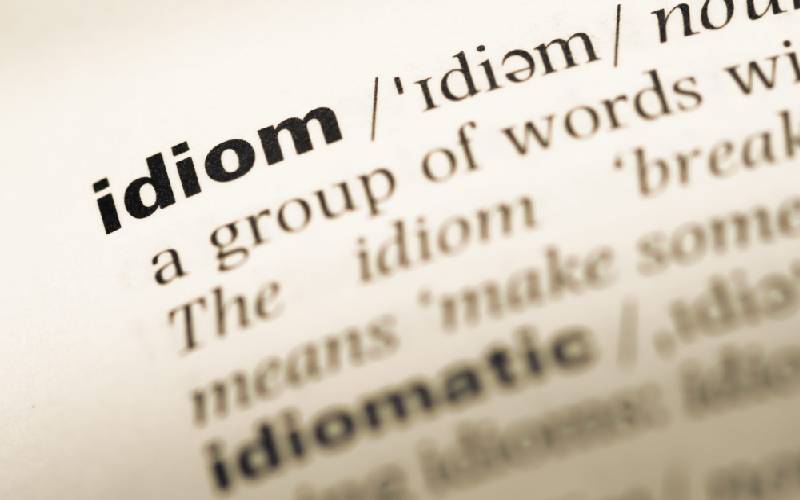×
The Standard e-Paper
Home To Bold Columnists

The Media Observer, a digital publication of the Media Council of Kenya gives new meaning to the idiom: ‘The pot calling the kettle black’. There is no denying that once in a while, readers come across factual and grammatical errors in our dailies; an anomaly the Media Observer set to remedy. Nevertheless, it is a task in which it has failed spectacularly.
At any given time, readers of the Media Observer will find more grammatical errors in a single issue than in all the daily newspapers put together.